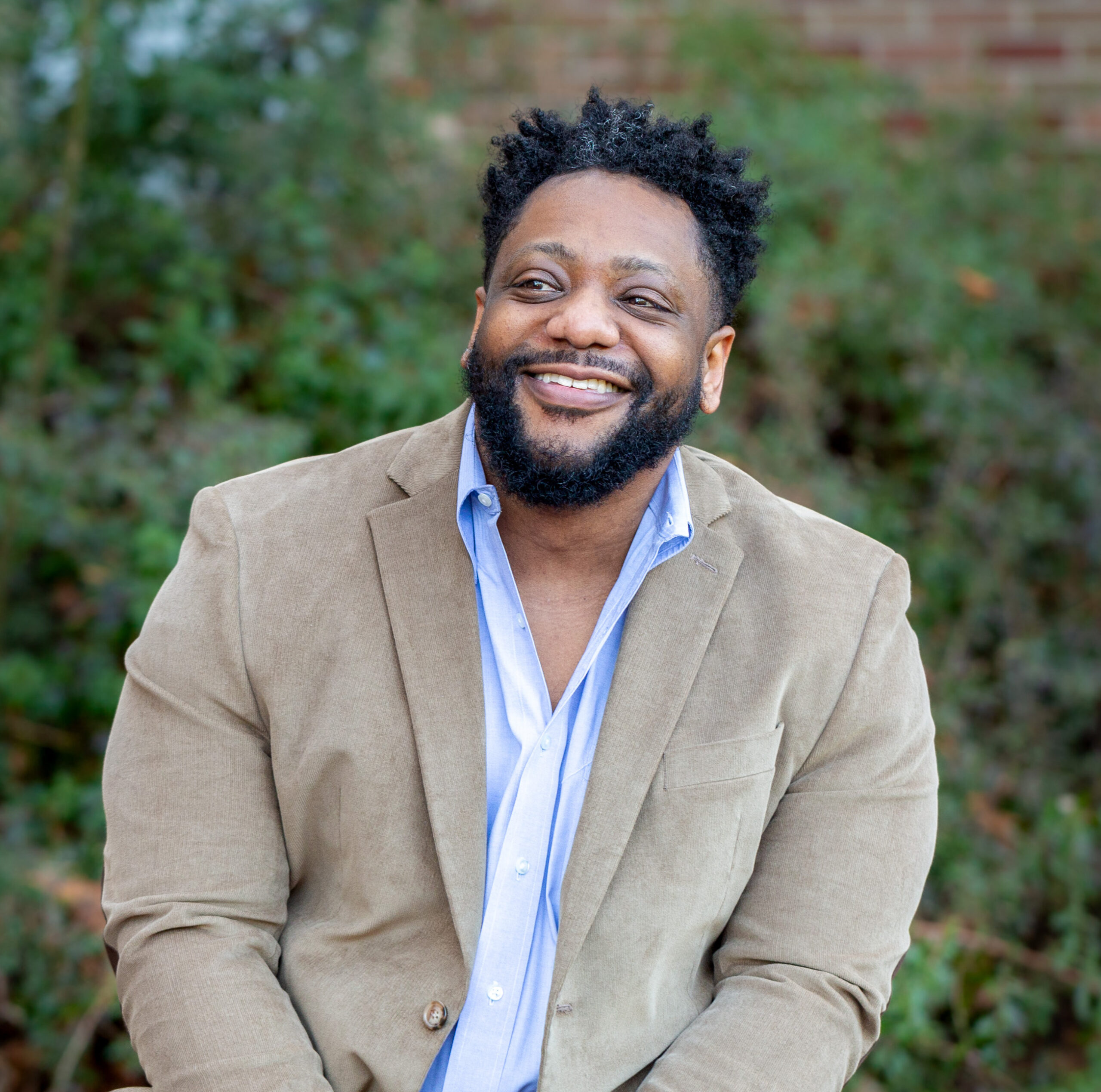
Oliver Rollins
Assistant Professor
Department of American Ethnic Studies
College of Arts and Sciences
orollins@uw.edu
Rollins Faculty page
What is your Research Focus?
I am a qualitative sociologist who works on issues of race/racism in and through science and technology. Specifically, my work is situated within a growing new area of inquiry, the sociology of the neurosciences. The recent explosion of brain research has dramatically affected the way we understand health, cognition, subjectivity, and the body. By reframing the brain as knowable, plastic, and above all biosocial space, the neurosciences are pioneering an innovative path towards advancing health, and indeed, social life itself. Such health and social benefits, however, cannot be divorced from the potential sociopolitical pitfalls and bioethical risks of these new brain-based ways of knowing. My chief concern, and the larger sociological challenge, is to help elucidate how these new brain configurations can make new and reconstitute problematic social imaginaries of health and life that limit their social productivity and to help illuminate how such technical advances can potentially help challenge existing social inequities for those populations most at need.
My book, Conviction: The Making and Unmaking of The Violent Brain (Stanford University Press, 2021), traces the development of neuroimaging research on anti-social behavior. I show that the “violent brain construct” does not, or cannot, handle the peculiar social dynamics that help stratify life experiences. As a result, I caution against attempts to quantify and “see” the brain as a predictor of complex violent and criminal behaviors. I have two ongoing projects. The first project focuses on the social implications and challenges of operationalizing racial prejudice, implicit bias, and identity as neurobiological processes. Here, I study how the neuroscience of implicit bias has been developed and operationalized as a potential brain-based intervention for social inequity. My second project seeks to understand and (re)new bonds between social justice and (neuro)science. This research concerns the politics of science, aiming to elucidate both the socio-political vulnerabilities and anti-racist promises for contemporary neuroscientific practices. I teach courses at UW on the social (racialized) implications of science & technology; theories of race and blackness; and bioethics and biopolitics of biomedical knowledge.
What opportunities at the UW excite you?
I’m excited to establish greater connections and collaborations between the STEM and biomedical fields, on one hand, and the social and humanist sciences, on the other, to better envision and work toward equity and social justice. Disrupting systemic inequities in and/or through practices of science, technology, and medicine, requires more than critique. Instead, it will require imagination, a new vision that refuses to adhere to the old logics of “scientific neutrality;” that is, an embracement of a new politic that truly recognizes how inequality remakes itself through our everyday, quotidian social and scientific practices, procedures, and aims. Even in my short time here, I already see a great amount of excitement for interdisciplinary opportunities (empirical, theoretical, pedagogical, and policy-based) for us at UW to lead such efforts that will help produce the kinds of science, technology, and medicine, indeed knowledge, that will better serve and represent us all.